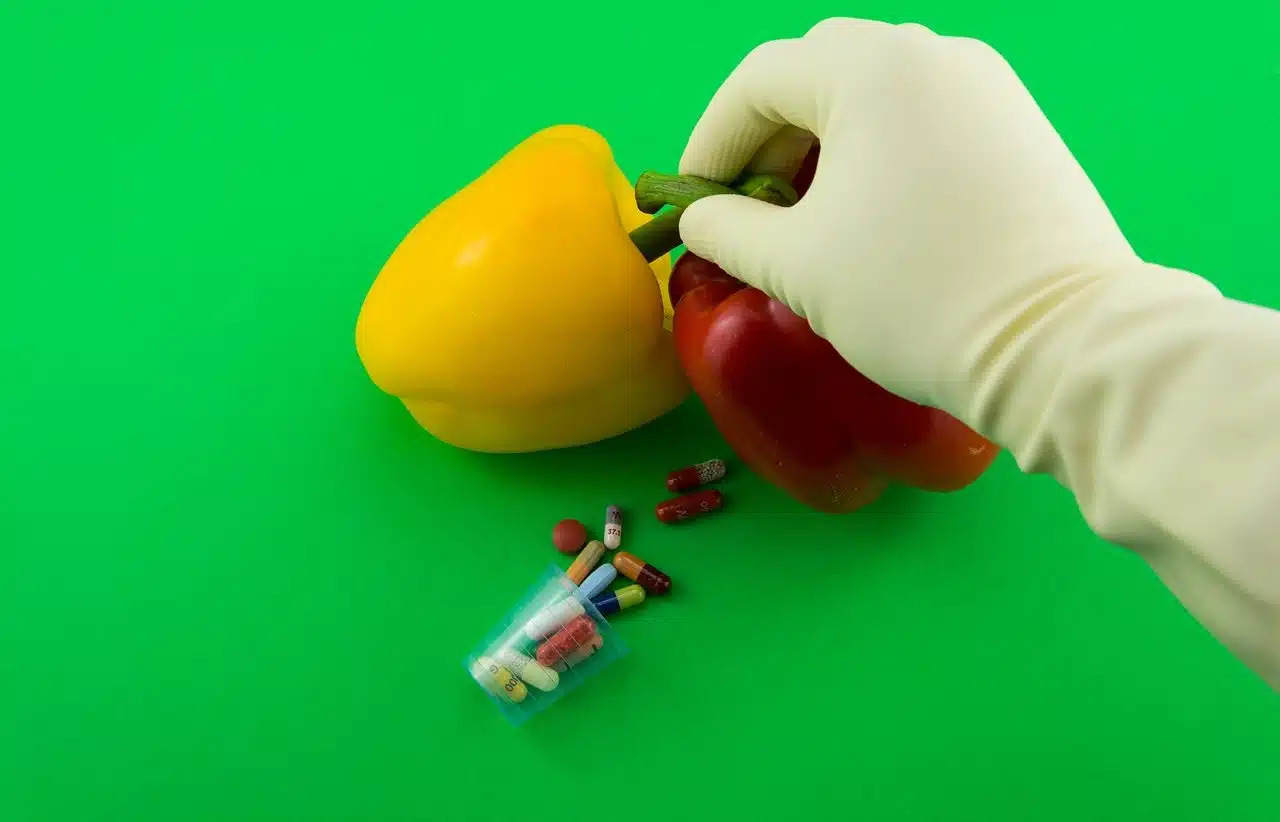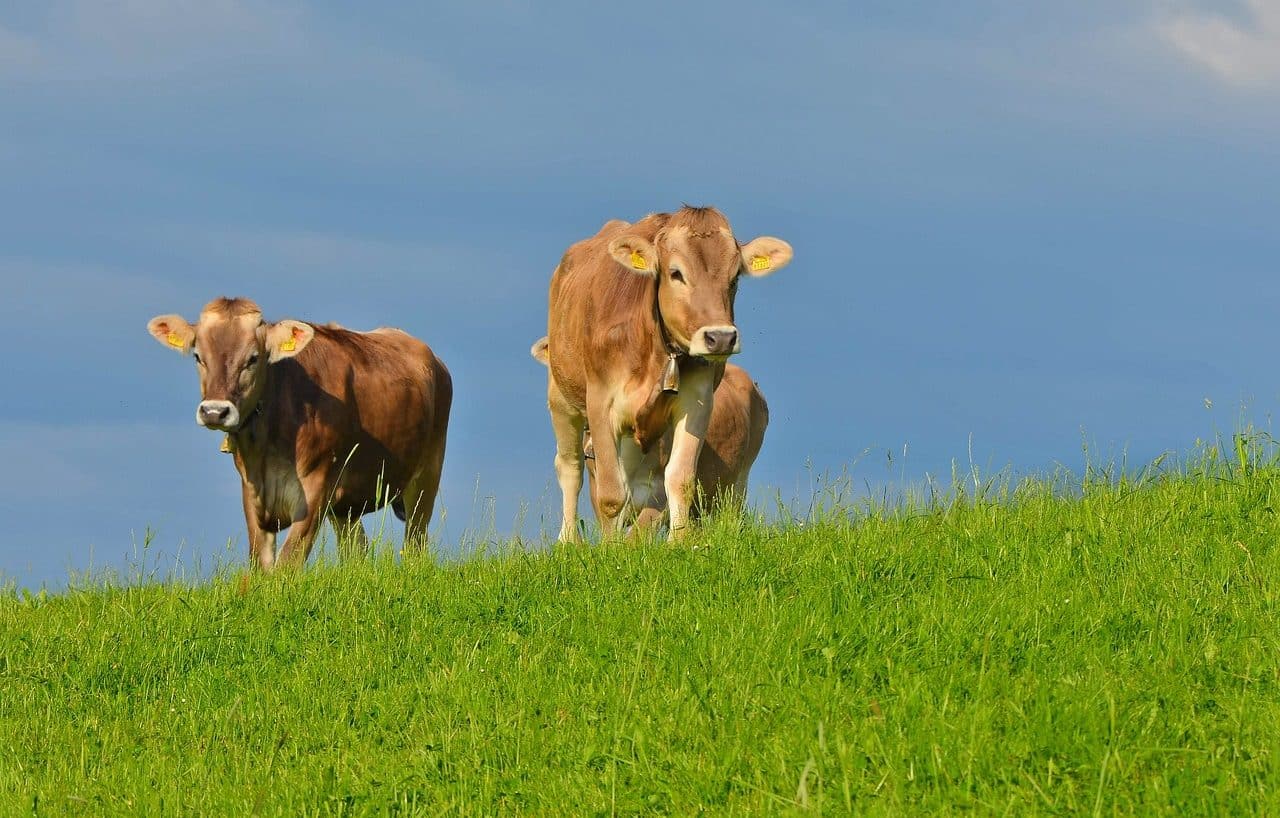
Transgenic organisms incorporate external genes.
A transgenic organism is one that undergoes some modification of its characteristics through the addition of genes corresponding to other organisms. This is possible thanks to the work that genetics experts carry out in laboratories.
Modified genes can become heritable , causing them to be transferred from one generation to another. There are, however, exceptions, since there are genetic changes that result in the sterilization of the transgenic organism.
Etymology of the concept of transgenic organism
We can say that the concept is made up of two words that come from different languages:
- Organism derives from the Greek. Specifically, we can say that it is the sum of two components of that language: organon, which can be translated as "instrument", and the suffix -ism , which is equivalent to "system" or "activity" .
- Transgenic , for its part, is a word that was invented in the 1980s by two scientists from the emblematic Yale University . It is made up of three parts of Greek origin: trans- , which is synonymous with “from one side to another” ; gen- , which derives from “genos” ; and finally -ico , which indicates “relative to” .
It should be noted that the concept of organism can be used as a synonym for living being , since it refers to the set of its organs with their respective interrelationships. Transgenic , for its part, is an adjective that indicates what was altered through the inclusion of external genes.
The notion in fiction
It must be said that, although people began to talk about transgenic organisms in the 20th century , already in the 19th century there were some writers who came forward by raising this possibility. A clear example of this is the English writer Herbert George Wells , better known as HGWells ( 1866 – 1946 ).
In 1896, this pen published the science fiction novel “The Island of Doctor Moreau” , which narrated how a scientist was carrying out a mysterious and strange project. Specifically, he was proceeding to shape the most diverse and unique living beings, since they were a mix between human beings and animals such as monkeys or pigs.

Transgenic organisms are often developed in livestock farming.
Transgenic organisms in agriculture
One of the most fruitful fields of research regarding transgenic organisms is agriculture .
This industry has developed transgenic plants that can resist pests and chemical actions, and others to which vitamins are added artificially. Critics, however, maintain that these practices alter ecosystems and are risky for humans and other species.
Research and developments in animals
As for animals , transgenic organisms have been developed that enable advances in the field of medicine (including human genes in rodents, for example, to seek a cure for certain diseases). Transgenic animals have also been developed that grow more quickly, something that is convenient in livestock farming.
Genetic engineering and the development of new transgenic organisms, in short, are booming, while the debate about its possible consequences is still ongoing.
